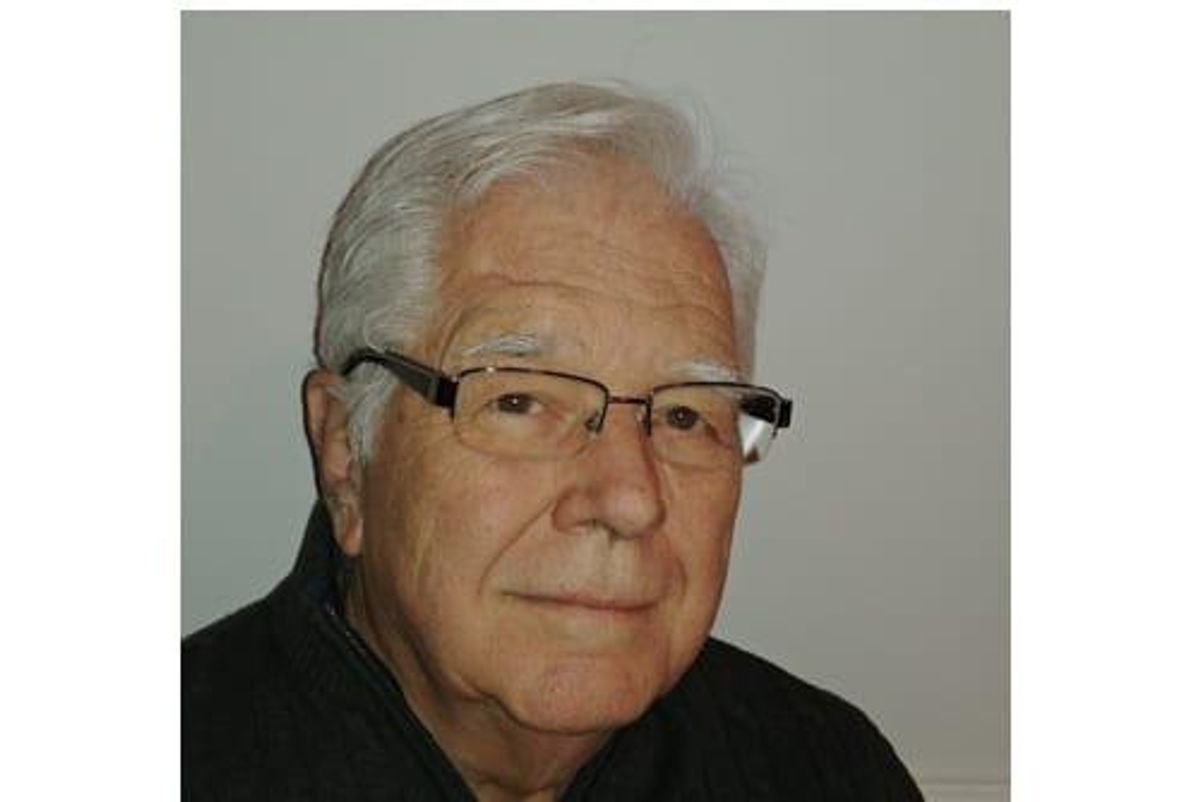FTI Foodtech International CEO: Blockchain and Cryptocurrencies Are the Future for the Food and Barter Industries

FTI Foodtech International CEO William Hullah discusses the role of blockchain and crypto coins in the food and barter industries, as well as the company’s role in these markets.
FTI Foodtech International (TSXV:FTI) CEO William Hullah believes that blockchain is a key innovation for the food retail industry.
He and his management team have also uncovered the value of cryptocurrencies in the barter space.
In the interview below, Hullah discussed how his company is developing solutions for both spaces, with a particular focus on a ‘master barter exchange’ for the barter industry that is based on their FLASH coin technology.
Below is a transcript of our interview with FTI Foodtech International CEO William Hullah. It has been edited for clarity and brevity.
Investing News Network: Please give our investor audience an overview of FTI Foodtech.
FTI Foodtech International CEO William Hullah: FTI Foodtech is in the business of technology transfer in the food and bater industries. Our business model revolves around receiving royalties on these transfers. When blockchain emerged, we immediately saw the applications for both the food and barter businesses.
INN: What are the industries FTI Foodtech is targetting?
WH: My background as a microbiologist led me to the food safety early on in my career. When there is a recall in the food industry, a retail company is unable to buy any further product from that company until the problem is solved. Most large companies in Canada, all have HACCP programs that control and verify all the steps in the supply chain. However, the input process for these programs is still quite manual.
By implementing blockchain, the recording of results including the temperatures a product has been stored in or how long it has been held at a certain point in the supply chain becomes a computerized process. As such, while a recall may currently require three to four weeks of investigation to identify a problem, blockchain would enable companies to locate an issue in approximately ten minutes. This allows them to start working on fixing the problem quickly and bear as little economic discomfort as possible due to lack of sales. This would make recalls a much less taxing problem.
We also see the opportunities that exist in the realm of blockchain and cryptocurrencies, particularly in the barter industry, which is currently worth approximately $14 billion. We have developed a relationship with Chris Kitze and his team, who are known for founding Zoom, which was later acquired and turned into PayPal. This association allow us to be leaders in blockchain development and in particular, in the food and barter industries. They are working with us and have developed a cryptocurrency product called FLASH coin.
INN: What are FLASH coins and how do they fit into your company’s model?
WH: FLASH coin is like many other digital coins that exist. In the barter industry, it can be used to acquire products, making the currency useful for more than just money transfer. This has peaked the interest of many in the cryptocoin space, and we see the opportunity for this to develop into a series of barter exchanges around the world that can sell goods and services to FLASH coin members.
One of the world events that has us interested is the fluctuation of currency in Venezuela. As a currency that remains constant, FLASH coin is a stable tool for acquiring food, goods and services.
INN: What differentiates FLASH coin from bitcoin or another cryptocurrency?
WH: The primary difference is the ability to acquire goods and services. While bitcoin is now starting to be used in the same way, I think we’re going to jump ahead using the barter system. We plan to start first in Canada and then very quickly evolve into other countries using our barter system.
INN: How else will FLASH coin be used?
WH: FLASH coin can also be used for food, which is my realm of expertise. We have been supplying a number of Canadian barter exchanges with food products and other types of goods and services for some time. There are also barter exchanges around the world that want to get involved in our model as well.
What the future holds for FTI is the development of one barter exchange that will allow the purchase of goods and services through all the other barter exchanges around the world; a master barter exchange, so to speak. This is where we are putting most of our time and effort currently. It involves a lot of technology development, and Chris Kitze and his team are leading that work.
INN: Other than the master barter exchange, what else is next for FTI Foodtech International?
WH: We see the barter exchange as our main thrust for the next year or more. We are also in the process of trying to raise approximately $3 million to get our projects rolling. That is our goal for the next six months.
CEO interviews are part of investor education campaigns for clients advertising on the Investing News Network. Important news is contextualized by CEOs, and the resulting interviews are disseminated to the Investing News Network audience because they have value to market watchers.
The Investing News Network interviews a CEO for an understanding of their perspective on the company, the investment potential of the company and market news related to the company. The information contained here is for information purposes only and is not to be construed as an offer or solicitation for the sale or purchase of securities.
